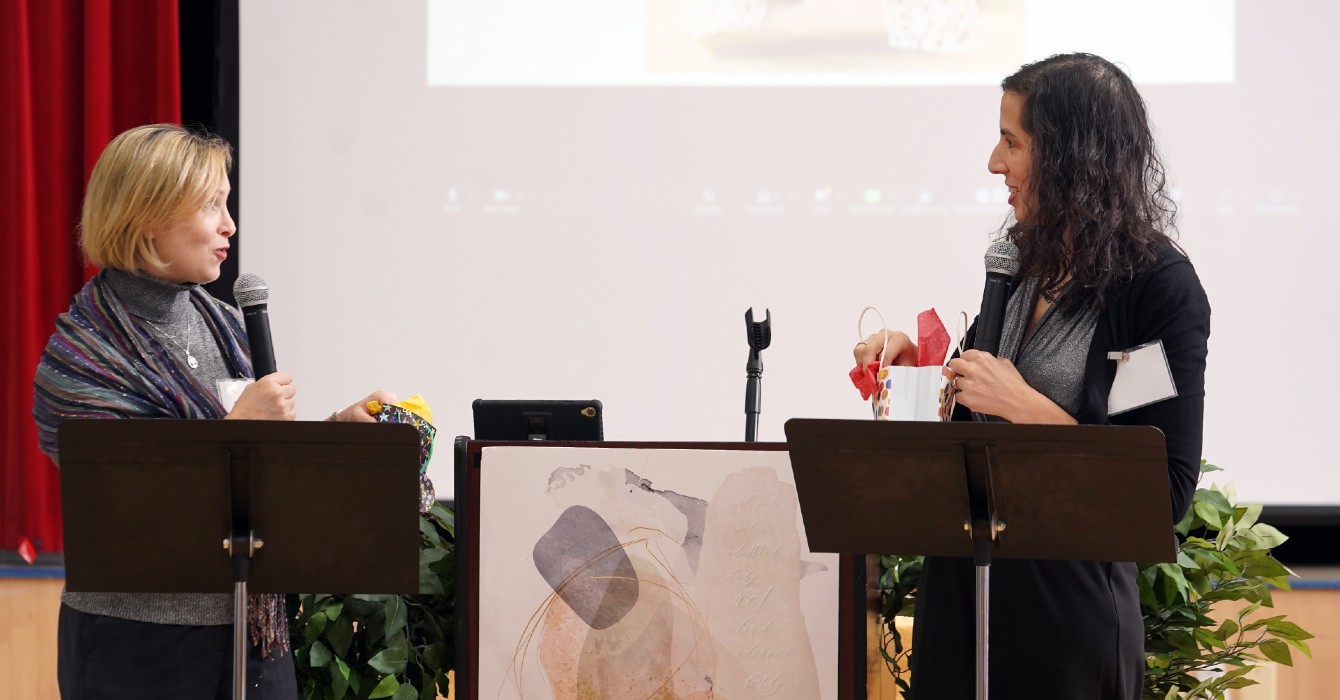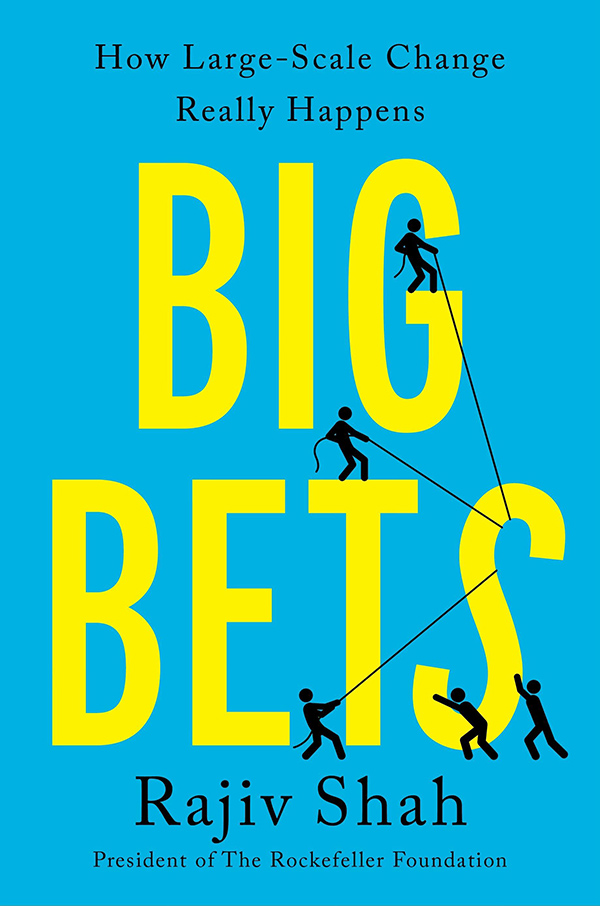Problems always create opportunities. The more painful the problems are, the wider the window of opportunity is to devise constructive solutions. These solutions, in turn, are business opportunities, because we are all willing to part with something -- time, possessions (we sometimes call them assets), money or something -- to alleviate pain. So it is, surprisingly, that we live in a time of tremendous economic opportunity. There are abundant painful problems begging for innovators and entrepreneurs to devise solutions.
In Seth Godin contends in his book "The Dip" that in every venture there is a dip. After the thrill of beginning, it gets harder and a lot less fun. At this point, there are two options: quit, or “lean into the dip” and persevere to success and mastery. Godin identifies what he calls a conceptual dip:
“You got this far by operating under one set of assumptions. Abandoning those assumptions and embracing a new, bigger sit may be exactly what you need to do to get to the next level. The heroes who have reinvented institutions and industries . . . all did it in exactly the same way – by working through a conceptual Dip all the way to the other side.”
People who find new solutions for problems are almost always going to work through a conceptual dip. If their solution was already conventional wisdom, it wouldn’t be innovation.
Gospel-centered ventures always involve a conceptual dip, though we understand it through a different set of assumptions about the nature and purpose of humanity and creation. The gospel provides abundant motivation to draw us into the public square to address the trenchant problems of our day. The gospel gets us to the depth of the dip, with raw knuckles and weary muscles. If the solutions that we create are not merely gospel-motivated ventures, but gospel-centered ventures, then the way through the dip is to lean into the problem with confidence in the gospel, and allow Christ to transform what we do and how we do it.
Consider the example of George Muller. This famous social entrepreneur built orphanages in a time when orphan care was emphatically not hot on the social agenda. In fact, a social agenda was not at the top of his priorities:
The three chief reasons for establishing an Orphan-House are: 1. That God may be glorified, should He be pleased to furnish me with the means, in its being seen that it is not a vain thing to trust in Him; and that thus the faith of His children may be strengthened. 2. The spiritual welfare of fatherless and motherless children. 3. Their temporal welfare.
Mueller built orphan houses and cared for 10,024 orphans during his lifetime. When he began in 1834, there were accommodations for only 3,600 orphans in all of England. Mueller’s innovation fueled a movement: "Fifty years after Mueller began his work, at least one hundred thousand orphans were cared for in England alone." Mueller plunged through the conceptual dip by confidence in Christ and unashamedly Christian priorities.
Or consider the contemporary example of Alex Forrester and Alfa Demmallash. They asked why the wisdom of Muhammad Yunus, that had transformed communities of poverty in south Asia, couldn’t be applied to the challenges of endemic poverty in the United States. They “leaned into the conceptual dip” with confidence in the “ heretical” notion that, by God’s grace, people in communities of poverty could create thriving, sustainable local businesses. They founded Rising Tide Capital. Five years later, Alfa was recognized by CNN as one of their heroes of 2009 and lauded by President Obama ; and Alex continues to do the hard work of setting the gospel as the foundation for social enterprise, as he explains in this presentation at Harvard.
Everyone, Christians included, who tackles a social problem will encounter a conceptual dip. If we lean into the most vexing problems with persistent confidence in the gospel, we may, by God’s grace, care for orphans and attack the roots of poverty in ways never before imagined.
Graham Scharf is the co-founder of Tumblon.com, and the author of the forthcoming book "The Apprenticeship of Being Human."






